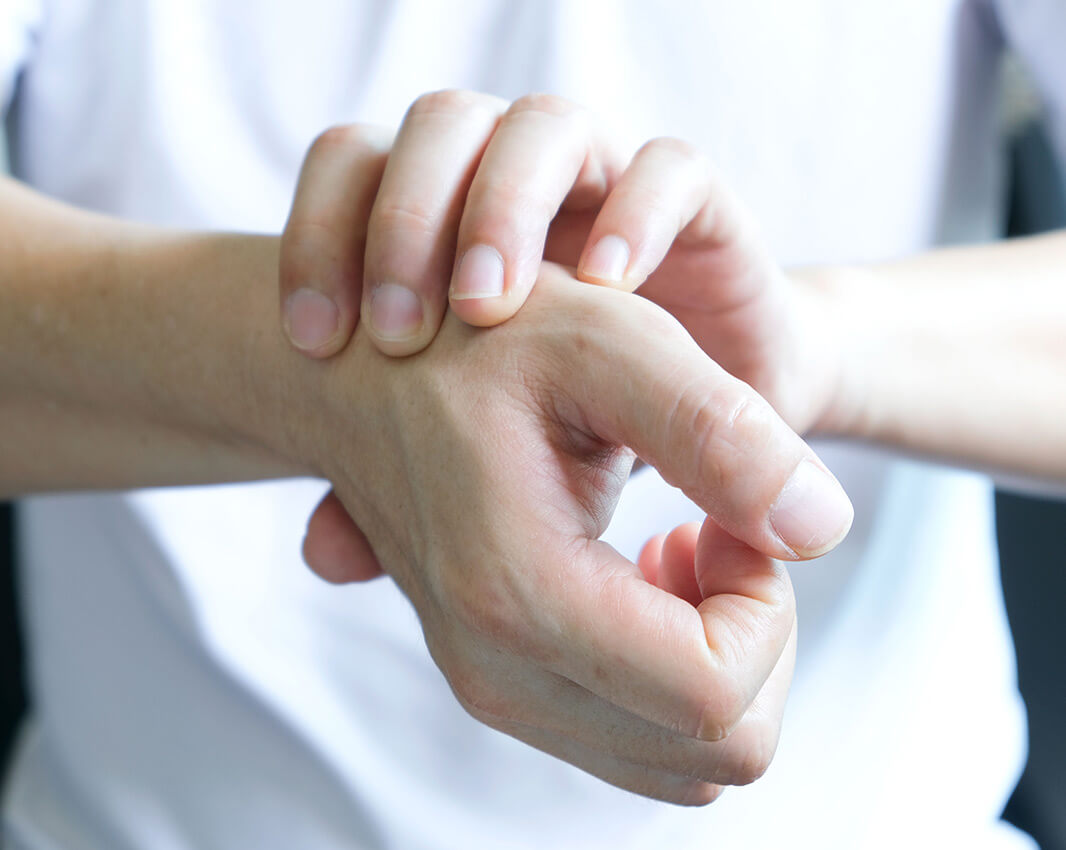De Quervain’s tenosynovitis, also known as “mommy’s thumb”, is a common disease that affects the wrist and finger joints. It can cause pain, swelling, and limited mobility in the wrist and thumb. It is important to understand the cause of the condition and the importance of early diagnosis and treatment for optimal recovery.
De Quervain’s tenosynovitis occurs when there is inflammation and irritation of the tendons and their sheaths that runs along the thumb side of the wrist, which is usually caused by repetitive, overuse, or traumatic injury of the hands and fingers. Initially, patients may experience discomfort or a dull ache near the base of the thumb, which gradually worsens and may radiate up the forearm. Simple tasks such as grasping an object, turning a key, or feeding a child can induce pain and become very challenging.
The key to successful recovery is early intervention. When patients recognize symptoms and seek treatment early, they give themselves the best chance for a quick recovery and reduced the risk of long-term complications. Physiotherapy Carnegie offers a variety of effective treatments tailored to individual needs. Manual therapy including joint mobilization, soft tissue massage and stretching exercises can be utilised to improve thumb and wrist mobility by reducing the pain and inflammation in the tendons. Splints or braces may also be prescribed to provide support and immobilize the affected area, allowing the tendons to heal properly. Therapeutic exercises designed to strengthen muscles and improve finger and wrist mobility also play a important role in the recovery process and help prevent further injuries. Furthermore, advice and education on proper ergonomics and modifications to daily activities can reduce the tension on affected tissues and prevent the exacerbation of symptoms.
By receiving early treatment in a physiotherapy clinic, patients can regain function, reduce pain and prevent long-term complications. Delayed treatment can lead to chronic pain and delayed recovery. Early intervention can dramatically improve the chances of outcome, allowing individuals to resume their usual activities without restriction.
If you experience persistent pain, swelling, or difficulty moving your hands and fingers, it is important to get it properly assessed and treated. Our experienced physiotherapist will conduct a thorough assessment, provide a personalized treatment plan, and guide you through the recovery process. Don’t let De Quervain’s tenosynovitis stop you – seek early treatment and take the first steps towards a speedy recovery and restoration of hand function.
You may also read about Frozen Shoulder.






